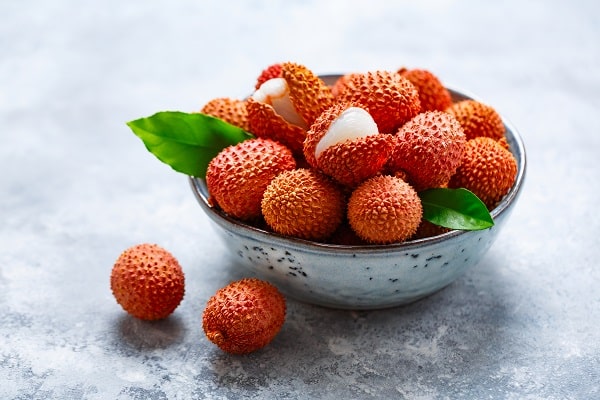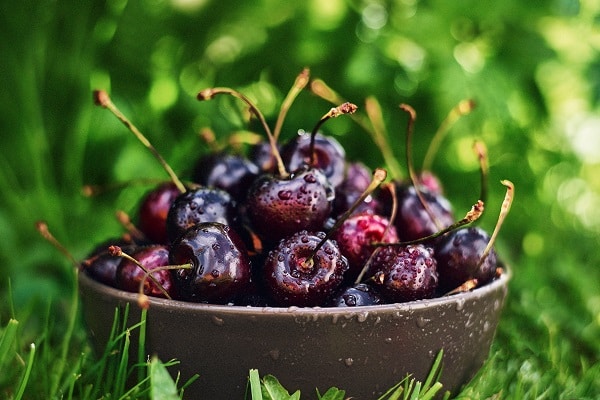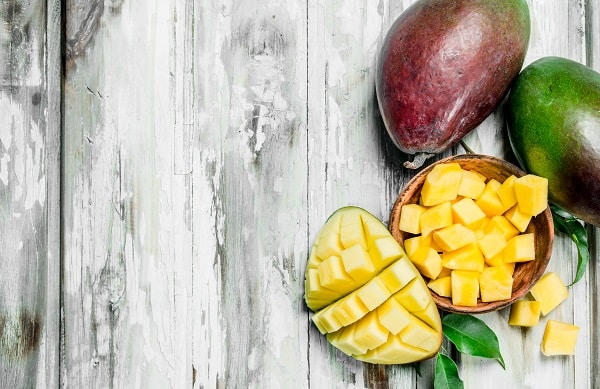It’s no secret that fruits are a key part of a healthy diet. They’re full of vitamins, minerals, and antioxidants and provide various health benefits. However, not all fruits are created equal. In fact, some fruits out there offer no real health benefits or, at the very least, don’t provide much nutritional value. Whether it is more common fruits like bananas and grapes or lesser-known fruits like lychee and loquat, here are some of the top fruits that have no benefits.
Contents
Things All Fruits Can Provide To Humans
Before jumping into the fruits that have no benefits, it is essential to understand that very few fruits, or any food, are completely devoid of any nutritional benefit. For instance, most fruits are a good source of fiber, which helps promote healthy digestion. They also contain many key vitamins, including vitamin A and B-complex vitamins like folate and niacin. And many fruits are also rich in antioxidants that help protect against heart disease, cancer, and other chronic illnesses.
However, this post will focus on fruits that offer little or no nutritional value. Whether it is because they are full of sugar or because they contain minimal amounts of vitamins and minerals, these fruits have very little to offer in terms of health benefits.
Bananas

Bananas, one of the most widely consumed fruits in the world, offer no real benefits for your health and well-being. Not only are bananas seemingly low in nutritional value, but many studies suggest that including them as a regular part of your diet can even be detrimental to good health. For instance, bananas contain large amounts of fructose, which is linked to increased inflammation and weight gain when consumed in excess.
Additionally, due to their high glycemic index (GI), bananas have been found to spike insulin levels with potential long-term implications on metabolic functioning and associated diseases such as diabetes. With these facts in mind, it is clear that we should think carefully about depending too heavily on bananas for healthy sustenance.
Dates

When it comes to getting the nutrition you need from our food, dates certainly shouldn’t be the first choice that comes to mind. Although sweet and succulent, dates are deceiving as although they may look like fruit; they offer little vitamins and minerals. Sure, they provide dietary fiber, potassium, and some B vitamins like thiamin and riboflavin, but they also contain a whopping 66 grams of sugar per 100 grams, which is nowhere near the optimal amount.
Another big downside of dates is that they contain phytates, a type of anti-nutrient that blocks the absorption of essential minerals such as calcium and iron. While dates may be delicious and sometimes used in raw desserts or savory sauces, they are one fruit that offers little nutritional value to the human body.
Lychee

Lychee, known for its delicious sweet-tart flavor and fragrant aroma, may make a tasty snack or dessert, but it offers few health benefits. Despite claims that it has miraculous healing powers and provides essential vitamins and minerals like copper, magnesium, vitamin C, and manganese, research has not verified these so-called miraculous health benefits.
While lychee does provide some nutritional value, the small quantities consumed make any potential benefit minute at best. With no direct beneficial effects on physical health, people who eat lychee should do so more for the delightful taste than any expectation of a therapeutic outcome.
Grapes

Grapes are a popular snack that humans have been eating for centuries; however, they don’t offer much in terms of their nutritional benefits. Sure they may provide an antioxidant boost, but overall their caloric intake far outweighs any potential benefits. Grapes can be a healthy addition to a diet if eaten in moderation – say one or two servings per day – however, eating too many grapes can contribute to weight gain and decreased nutrient absorption by taking the place of healthier options.
In addition, researchers have discovered that consuming grapes may have some negative health implications. Specifically, grapes have been found to contain high levels of pesticide residues and may be contaminated with other harmful chemicals like fluoride or arsenic. While grapes are tasty and can make for a refreshing treat on hot summer days, it is essential to be mindful of how much you eat them.
Cherries

If you have ever enjoyed a cherry, you know that these small, red fruits pack a big punch in terms of sweetness and flavor. However, besides their delicious taste, cherries offer very little to the human body. While they contain some vitamins and minerals like vitamin C and potassium, they are also high in sugar. Cherries contain about 18 grams of sugar per cup, making them a less-than-ideal snack for satisfying your sweet tooth.
Furthermore, cherries can be problematic for people who suffer from kidney stones or gout, as they are known to trigger outbreaks in these conditions. While they may taste great and be part of a balanced diet, cherries are not the health powerhouse many people believe them to be.
Mangos

Mangos have recently been lauded for their nutritional value, with many touting them as a superfood. Unfortunately, upon closer inspection, there are few real benefits to eating mangos. While they do contain some essential vitamins and minerals, the amounts are minuscule on an individual basis. Furthermore, the high sugar content in almost all mangos negatively affects those watching their weight or blood glucose levels.
If you enjoy mangos and want to incorporate them into your diet, it is best to eat them in moderation. However, suppose you are looking for a nutritious snack that will provide real health benefits. In that case, many other fruits and vegetables can offer more nutritional value and less sugar than mangos.
Be Mindful Of The Fruits That Have No Benefits!
While many believe that eating specific foods, such as the fruits listed above, offers a wide range of health benefits, the truth is that these foods are not as healthy as they may seem. While they may contain some vitamins and minerals and can be part of a balanced diet, they may also contain high levels of sugar and other potentially harmful chemicals that can negatively affect your health. Ultimately, it is essential to be mindful of what you eat and focus on choosing foods that offer real nutritional benefits rather than simply taste good.


